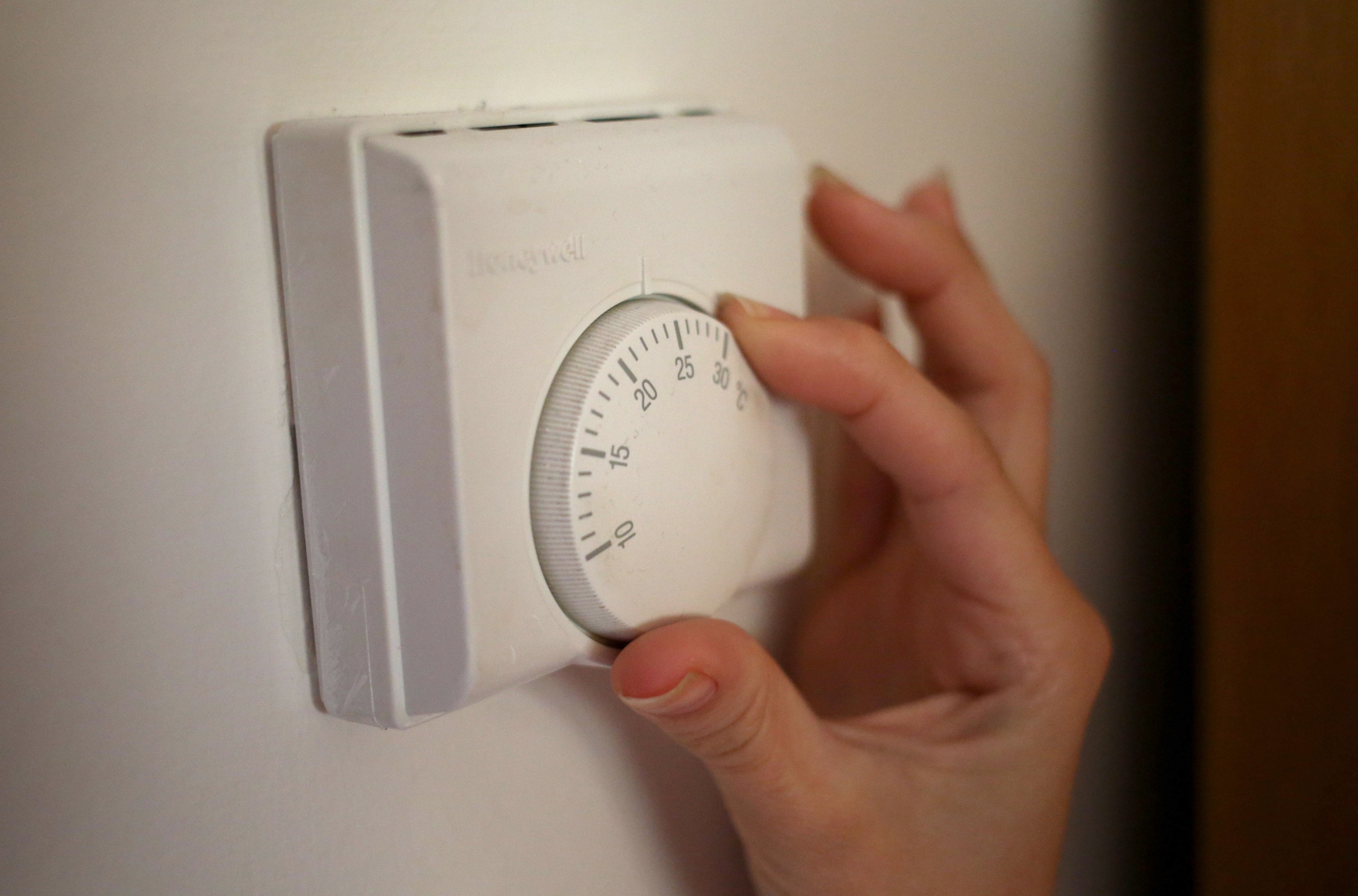Energy pricing methods need a rethink to protect the poorest households from unfair charges
Please send your letters to letters@independent.co.uk

Energy competition is now not just a mess, it is a complicated mess and has become worryingly uncertain to a lot of people. (Although no one in the government seems concerned.)
Starting from the premise that everybody needs a basic amount of energy to be able to live safely and that the poorest will tend to use much less per person than the richest, a thorough rethink of energy pricing methods is appropriate.
Currently, we have a “the more you use, the less you pay per unit” approach. If we set a basic level of energy use per household which is sold at a fixed government-controlled price, it will ensure essential energy needs are met at a reasonable cost. And as usage increases above this basic level, the cost per unit should be allowed to rise and also can be subject to market forces. The more affluent (and energy profligate) will therefore pay more per unit and be incentivised to control their energy use. Subsidies, distribution costs and green supplements, for example, could all be built into this pricing structure.
We need simple, easy-to-understand administration with no temporary remedial measures and a built-in incentive to control individual energy use.
Ashley Herbert
Huddersfield
Cost-saving pay rise
In his article about Peter Bottomley moaning about MPs’ pay, James Moore suggests they should have performance-related pay similar to teachers.
This would save us money because at the moment they are not doing very well. An Office for Government Standards, Ofgost, could monitor MPs’ performance.
Maureen Holland
Godalming
Invest in mental health
Today is World Mental Health Day – an opportunity to break the stigma, prejudices and discrimination against people with mental illnesses. The coronavirus pandemic had a tremendous impact on our psychological wellbeing; it has pushed people into the clutches of unemployment, anxiety, desperation, uncertainty, poverty, racism, food banks, indebtedness and inequalities, especially amongst the most vulnerable.
The crisis should act as an impetus to boost our resilience to withstand challenges, achieve our potential and tackle negative stereotypes and stigmatisation of mental illnesses. An investment in mental health is an investment in universal health coverage, social equity and sustainable development goals.
Dr Munjed Farid Al Qutob
London
Why the delay?
A few days ago the government finally announced that Covid clinical trial participants, particularly those in the Novavax UK trials, should be permitted to receive approved Covid vaccines if they wish. This decision arose after consultations with the Joint Committee on Vaccination and Immunisation (JCVI) and was made in the face of countries refusing to accept Covid vaccines that were not already approved in their own territory.
As the UK government said that Covid clinical trial volunteers would not be disadvantaged but failed to make any advances for us on international travel and boosters, only one person stood out: Professor Jonathan Van-Tam. He recognised how important it is for the future of clinical trial programmes, of which the UK is a major contributor to global medical research, to ensure that such participation does not discourage recruitment to future enrolments. I suspect that, for many, the damage has already been done.
Suddenly, after many months of being forced to wait indefinitely for the international approval of the Novavax vaccine, we are now allowed to be inoculated with an approved vaccine to enable us volunteers to return to a more normal existence. Why the delay?
Iain Cockburn
Retired pharmaceutical physician, address supplied
If only it were that easy
Paying people more will not make them more productive or raise their skill level as Boris would have us believe. And paying MPs more, as Peter Bottomley wishes, will definitely not make them better at their jobs. If only it were that easy.
Geoff Forward
Stirling






Join our commenting forum
Join thought-provoking conversations, follow other Independent readers and see their replies
Comments